The recent storm has left many businesses with heavy losses. Property insurance has become an important solution to minimize losses, but many businesses have encountered difficulties when claiming compensation.
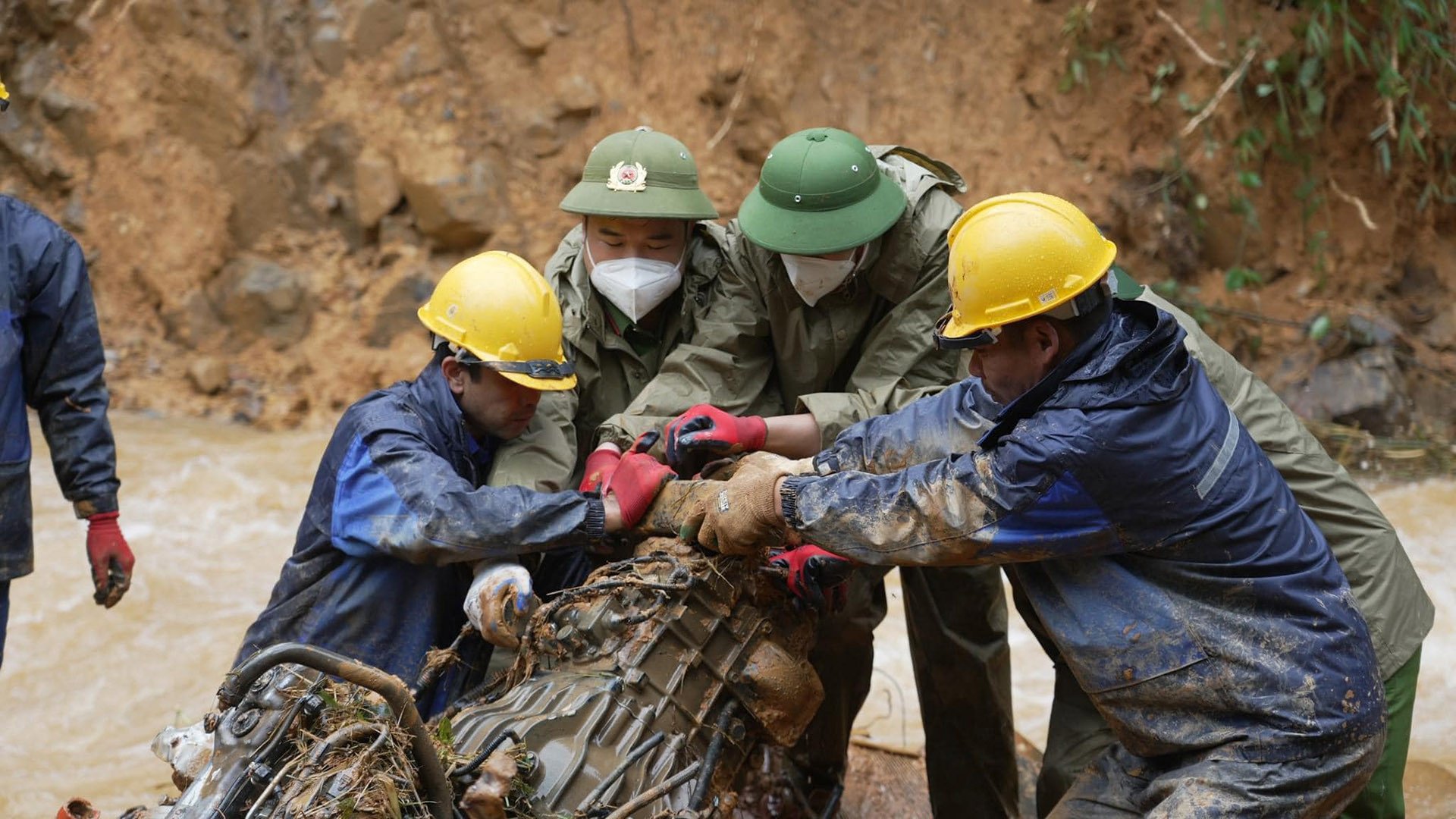
So how can businesses be better prepared when participating in property insurance, especially in the context of natural disasters?
According to lawyer Truong Anh Tu - Chairman of TAT Law Firm, property insurance, including factories, machinery, and goods, is an essential part of businesses' risk management strategy.
For companies with manufacturing operations, this insurance not only helps protect facilities but also helps ensure that business operations can continue even in severe natural disaster situations.
However, many businesses are underinsured, even if they have property insurance. The main reason is often that the business does not understand the coverage, or is caught up in exclusions (insurance policies that state what the insurance company will not cover). In the case of natural disasters, many policies exclude events such as landslides, frost, or flooding caused by overflowing canals, lakes, or dams.
These clauses can leave businesses in a difficult situation where they suffer losses from these incidents but are unable to claim compensation.
In addition, the problem of not understanding the scope of insurance is one of the main reasons why businesses fall into difficult situations when making claims.
Many businesses only purchase fire insurance for their factories without extending protection against storms, floods, or other natural disasters. This reduces the comprehensiveness of the insurance contract and puts the business at a disadvantage when natural disasters occur.
Another common mistake is an incorrect or untimely incident reporting process. When an incident occurs, the business must immediately report it to the insurance company and provide full documentation of the damage.
In many cases, due to non-compliance with the correct procedures, the business's claim is rejected. To avoid this situation, the business needs to keep all evidence related to the damage such as photos, videos , invoices for repair or repurchase of damaged assets. If necessary, an independent appraisal unit can be requested to ensure transparency in determining the damage.
According to lawyers, to prepare well when working with insurance companies, the first thing that businesses need to do is to read the insurance contract carefully. This seems simple but is very important. All terms, from the scope of insurance to the exclusion clause, need to be clearly understood before signing the contract.
If there are any unclear points, the business should ask the insurance company to explain in detail. In particular, it is necessary to pay attention to the cases of insurance liability exclusion, because these are often overlooked terms but have a great impact on the insurance benefits of the business.
Once you have insurance, it is also necessary to keep detailed records of the condition of your assets and goods. This makes it easier for businesses to prove damage to the insurance company when an incident occurs. In addition, timely reporting of incidents and close cooperation with the insurance company during the assessment process will also help the claim process go more quickly and smoothly.
In the event of a dispute with the insurance company, the business should seek direct dialogue to resolve the issue. This is the simplest and least expensive option. However, if an agreement cannot be reached, the business should consider hiring a lawyer to protect its interests.
Or when the parties cannot reach an agreement, the business can bring the case to Commercial Arbitration or Court for settlement. This is the last option but is often more time-consuming and costly, so it should be carefully considered.
Source: https://vietnamnet.vn/mua-bao-hiem-chay-no-nha-xuong-nhung-bo-quen-thien-tai-2322564.html


![[Photo] Hue: Inside the kitchen that donates thousands of meals a day to people in flooded areas](https://vphoto.vietnam.vn/thumb/1200x675/vietnam/resource/IMAGE/2025/10/29/1761738508516_bepcomhue-jpg.webp)
![[Photo] Prime Minister Pham Minh Chinh chaired a meeting to evaluate the operation of the two-level local government model.](https://vphoto.vietnam.vn/thumb/1200x675/vietnam/resource/IMAGE/2025/10/29/1761751710674_dsc-7999-jpg.webp)
![[Photo] Human love in the flood in Hue](https://vphoto.vietnam.vn/thumb/1200x675/vietnam/resource/IMAGE/2025/10/29/1761740905727_4125427122470875256-2-jpg.webp)





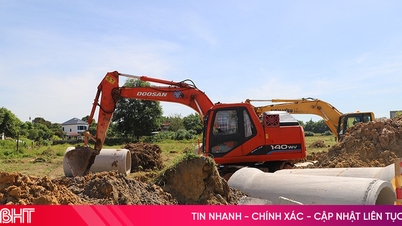







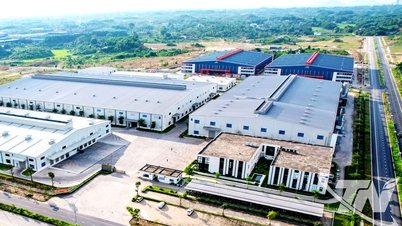





















































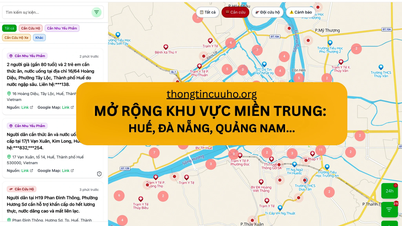








![[Live] Concert Ha Long 2025: "Heritage Spirit - Brightening the Future"](https://vphoto.vietnam.vn/thumb/402x226/vietnam/resource/IMAGE/2025/10/29/1761743605124_g-anh-sang-am-thanh-hoanh-trang-cua-chuong-trinh-mang-den-trai-nghiem-dang-nho-cho-du-khach-22450328-17617424836781829598445-93-0-733-1024-crop-1761742492749383512980.jpeg)


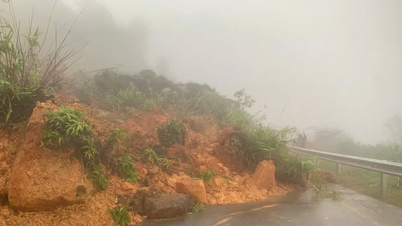






















Comment (0)